Optical rain gauge, also known as optical rain sensor or photoelectric rain gauge, uses the principle of optical induction to measure rainfall. The sensor is designed with low power consumption and is suitable for unmanned observation stations in the field.
1. Product Introduction
The G1 optical rain gauge sensor uses a three-channel narrowband infrared detector and a pure sine AC signal source, which has the advantages of high precision, strong anti-environmental light ability, maintenance-free, and can be compatible with other optical sensors (lighting, ultraviolet radiation, total radiation), etc., and can be widely used in meteorology, agriculture, municipal, transportation and other industries. The sensor adopts a low-power design and can be used in unmanned remote observation stations.
2. Product Features
This optical rain gauge sensor uses a pure sine infrared light source, built-in narrowband filter, the sensing surface reaches 78 square centimeters, can measure rainfall with high precision, and is not affected by strong sunlight and other light. The high-transparency rain sensor cover does not affect direct sunlight, and can be compatible with other built-in optical sensors, such as lighting, total radiation, ultraviolet sensor, etc. (Inventive patent, patent number ZL 2022 1 1306149.3)
3. Technical Parameters
1. Supply voltage: DC12V
2. Sensor power consumption: 0.12W
3. Current: 10ma DC12V
4. Rainfall resolution: 0.01mm
5. Rain intensity range: 0-4mm/min
6. Measurement accuracy: ≤±4%
7. Working environment: -40~85℃, 0~100% RH
Four, Precautions
1. No obstructions within a 1.5-meter radius around the sensor, avoid water splashes
2. Avoid tree shade above the sensor installation position, and also avoid tree shade in the direction of tilt
3. To ensure measurement accuracy, the sensor should be installed horizontally
Product address:
http://www.qxhjjc.com/en/yucgq/1620.html 
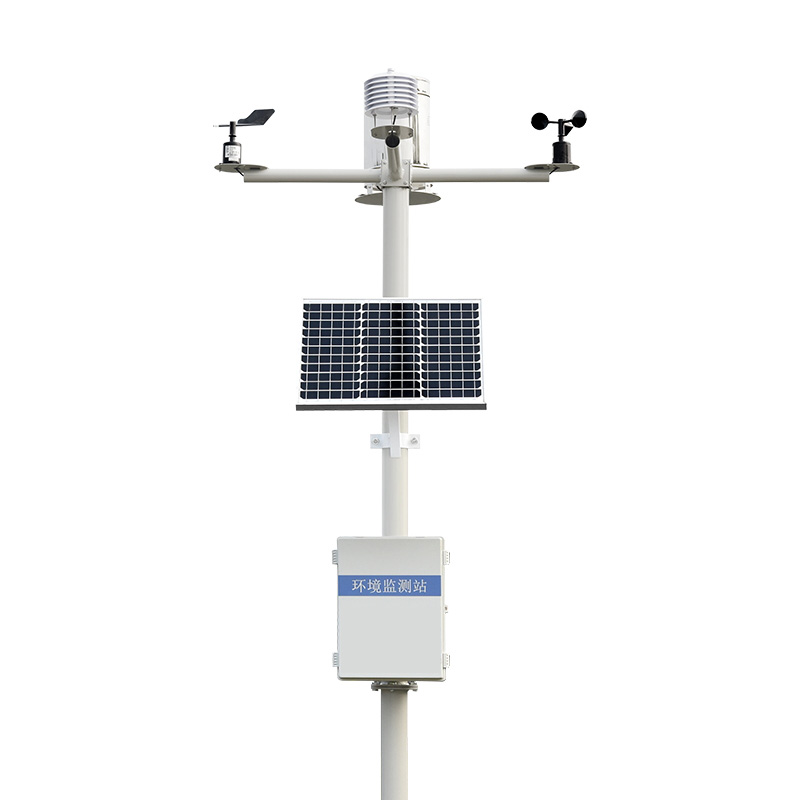
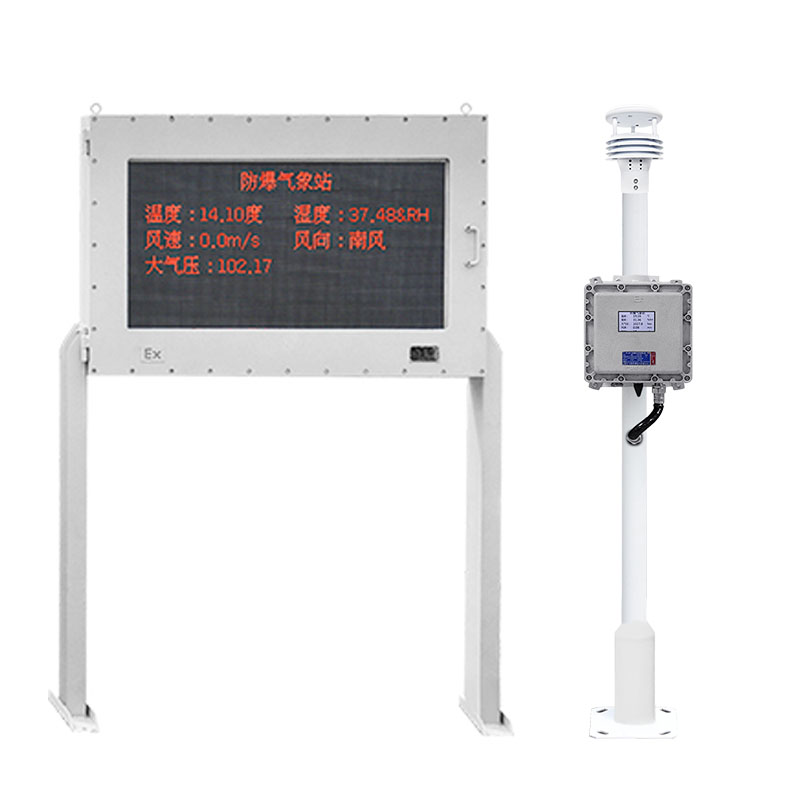
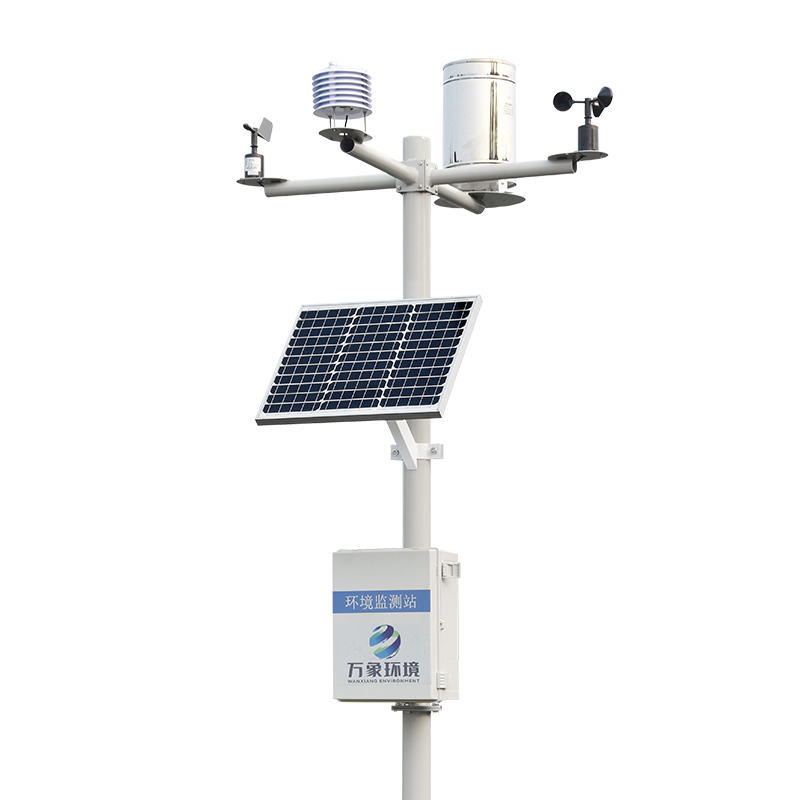
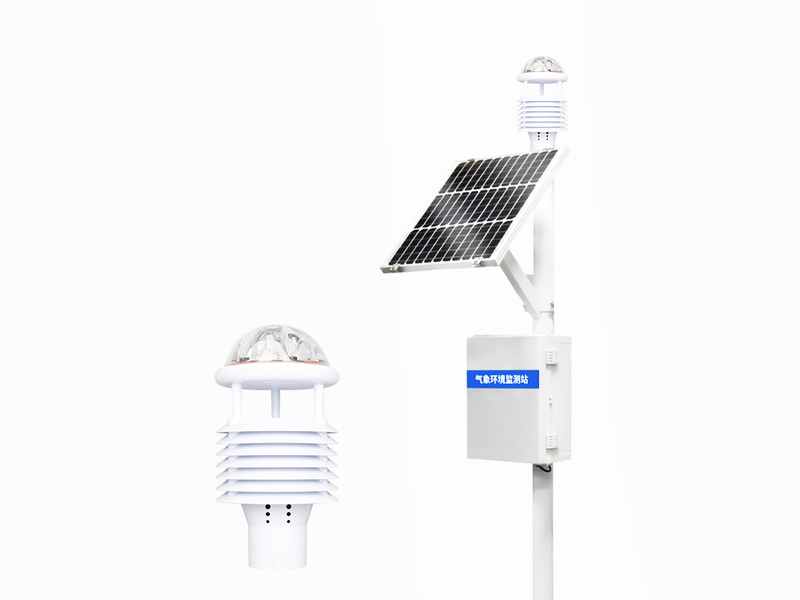
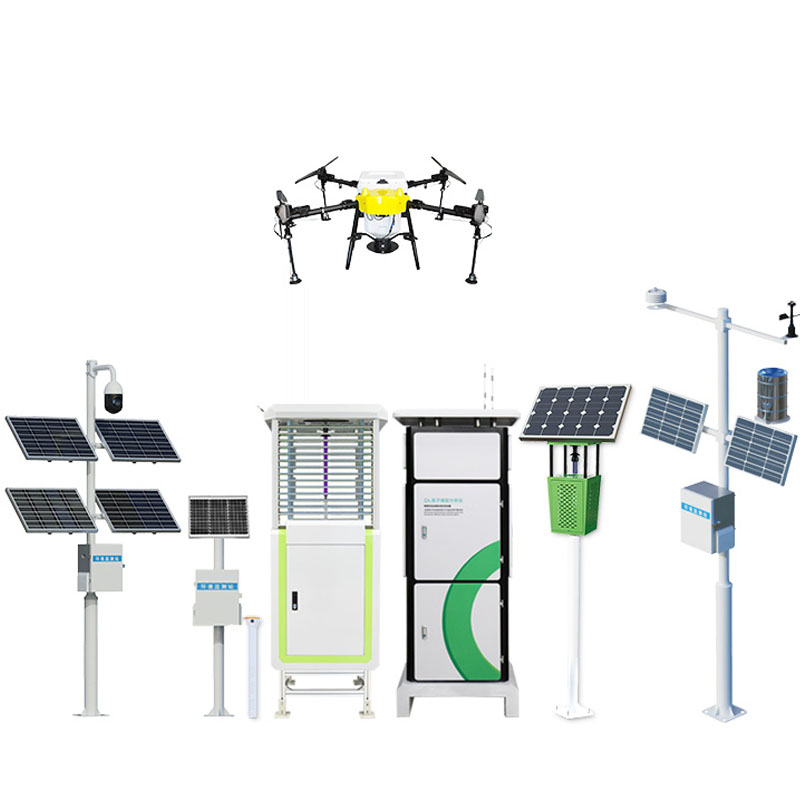





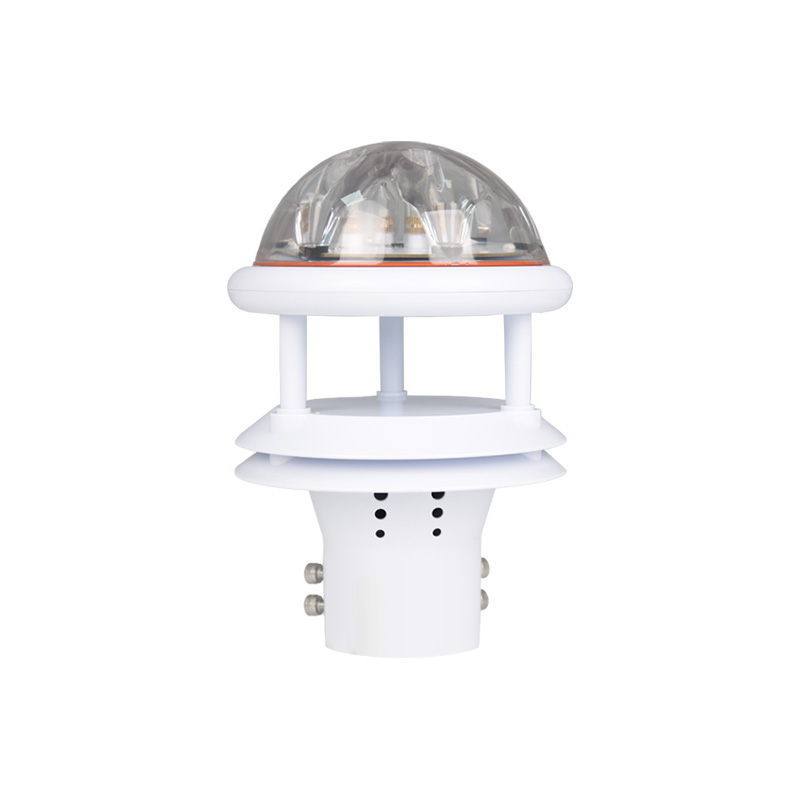
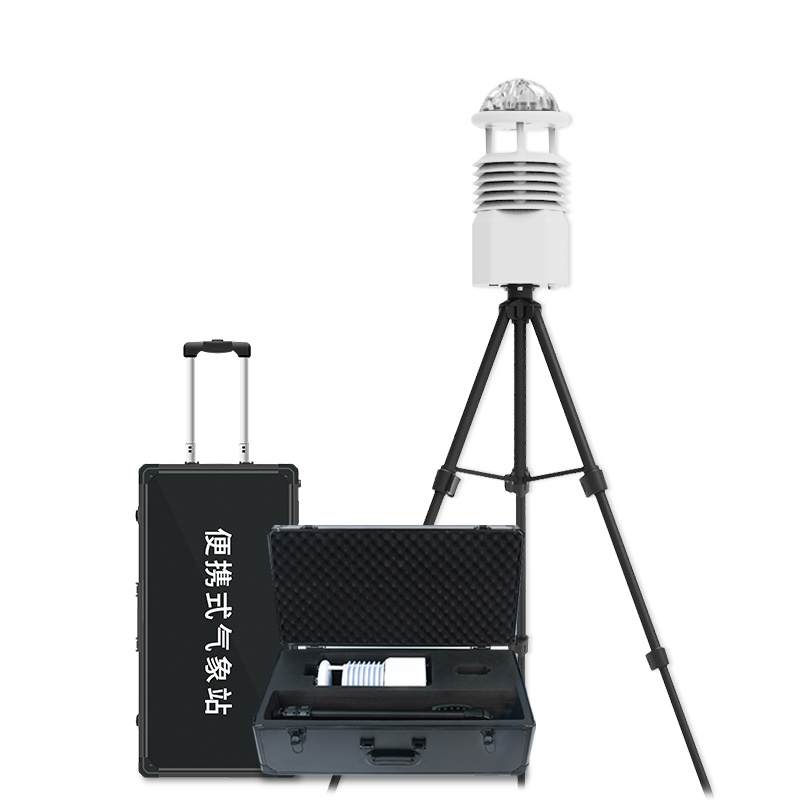
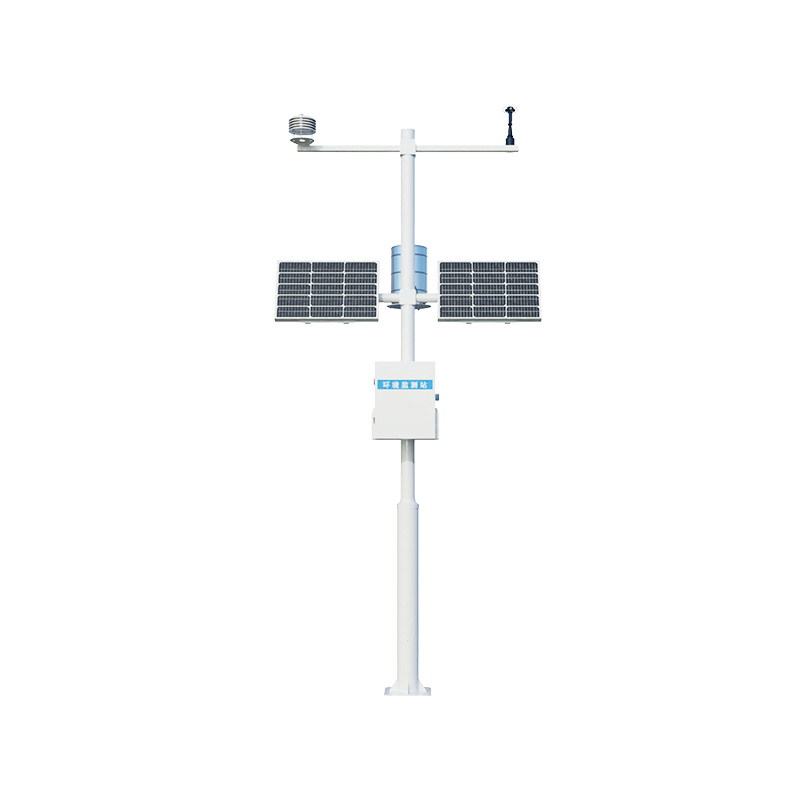
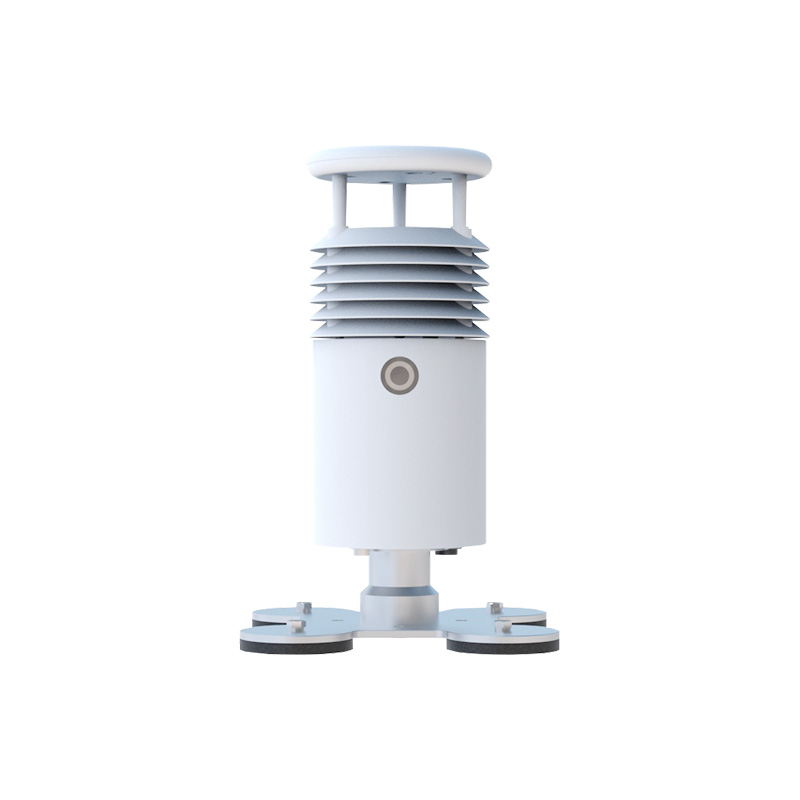
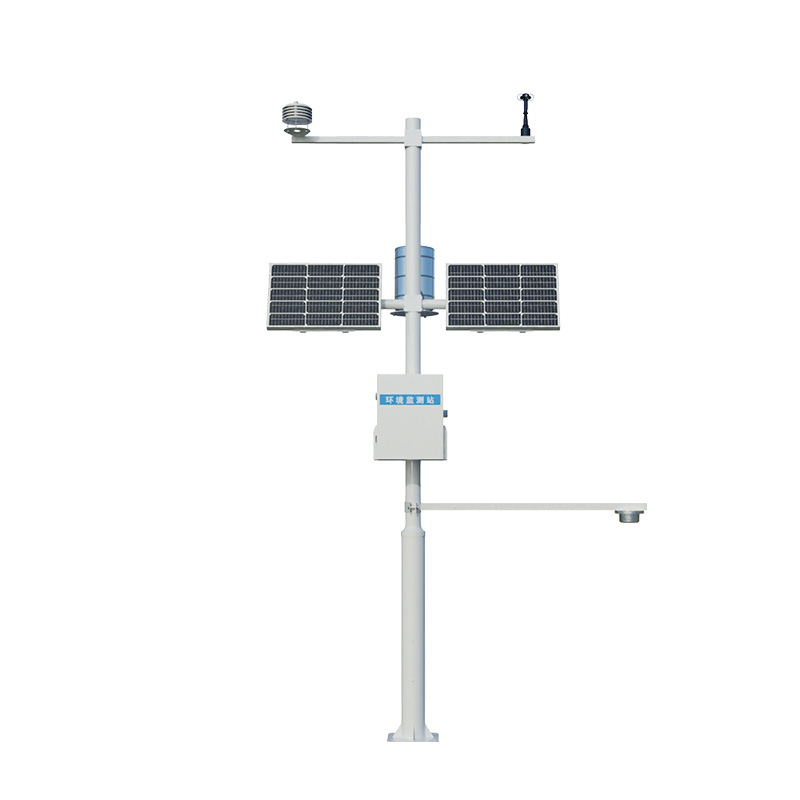


 Home
Home phone
phone Product Overview
Product Overview Contact Us
Contact Us